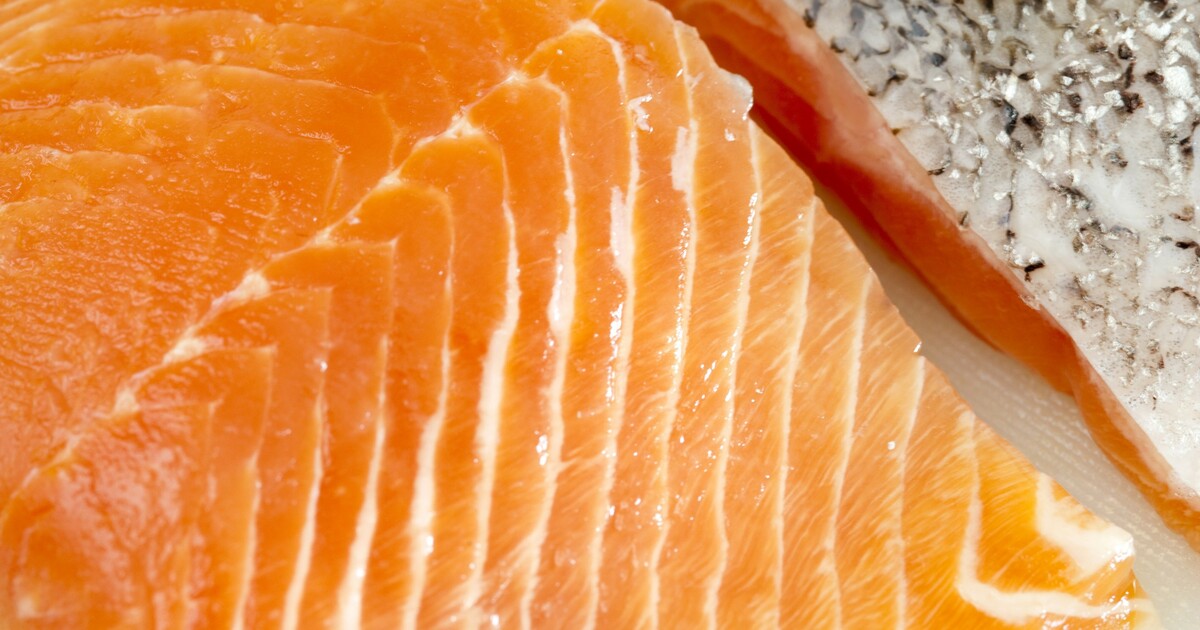We cannot sweep food ethics under the carpet or consumers will take their money elsewhere

As Scotland’s annual Food and Drink Fortnight comes to a close this weekend, the past two weeks have left us with plenty of food for thought about how we produce, consume and market our food.
This year’s event has been themed around the future of Scotland’s food and drink industry, but for many we have been given a stark warning about what that future could look like if we fail to take animal welfare concerns seriously.
Monday night’s Disclosure: The Dark Side of Dairy documentary, revealed the shocking reality of our trade in young dairy calves. 5,000 calves a year, only a few weeks old, are being sent on six day journeys to the south of Europe, where they face an uncertain future.
I have been working on this issue since back in February, when the Cabinet Secretary Fergus Ewing unexpectedly came out against a ban, claiming it would harm Scotland’s agriculture. The trade in dairy calves in England and Wales however has long since died away, following the cross-channel ferry companies’ refusal to handle this cruel cargo.
On Tuesday, the ferry company P&O promised to stop taking live animals destined for fattening or slaughter with immediate effect – a fantastic win for all of us that have been campaigning for a ban. However, we still need to push for an effective, legal ban, to ensure another unscrupulous company does not step into this trade.
Yesterday, the Government’s Chief Vet claimed the documentary was ‘alarmist’ and criticised those with genuine concerns. At First Minister’s Questions I gave Nicola Sturgeon the chance to clarify their position, but she maintained that at present, ‘ship them or shoot them’ is the only option.
The Government has had plenty of time to consider the options – instead of working with the ferry companies it could have been well on the way to building a sustainable dairy industry and a domestic market for male calves.
Increasingly in Scotland, farmers are beginning to adopt more sustainable ways to produce milk, which often involve keeping calves with their mothers until weaning age. This less intensive form of farming relieves stress on the cows, whilst providing farms with another form of income further down the line, when the male cows can be sold for beef or veal.
At present, veal has a bad name in Scotland, following the hard fought campaigns in the 90s against cruel caging practices used in producing European ‘white’ veal. Scottish ‘rose’ veal however is very different, and we need to educate the public of its provenance and sustainability, as well as making it more available to buy.
A marketing scheme, to help build the value and image of this product, could be rolled out using a fraction of multi-million-pound budget we currently spend on increasing food exports.
This week also saw The One Show follow up on their investigation into the high death rate in Scotland’s salmon farms. The report highlighted how sea lice, a long standing problem on salmon farms, are now threatening our wild fish stocks. Gruesome underwater footage from a farm showed fish mutilated by sea lice, with data revealing the farm had 13 times the acceptable level of lice.
The salmon farming industry, with the backing of the Scottish Government, want to double production in the coming years. The Scottish Parliament has been carrying out an inquiry into the impacts of the industry ahead of this planned expansion, and I want to see us place limits on this until we can resolve these serious environmental and animal welfare concerns.
With each new expose, Scotland’s reputation as a high quality food and drink producer becomes more tarnished. We cannot sweep these issues under the carpet, or try to pass them off as ‘alarmist’ – ultimately, consumers will take their money elsewhere and stop buying our products.
Yesterday also saw a significant move in the Scottish Parliament, with opposition parties uniting to try and resuscitate the proposed Good Food Nation Bill. This was supposed to be a wide ranging new bill on food policy, and could incorporate concerns about animal welfare, sustainable dairy, and the environment, along with measures to protect our regional foods, and support local producers through public procurement.
The Scottish Government thought it could shelve this bill with no one noticing. But what this fortnight has shown us is that people care about their food, how it was produced and where it came from. We have to back up marketing and branding with a meaningful commitment to welfare and provenance, otherwise the future of our food will be very bleak indeed.
